The keys to building a new Europe
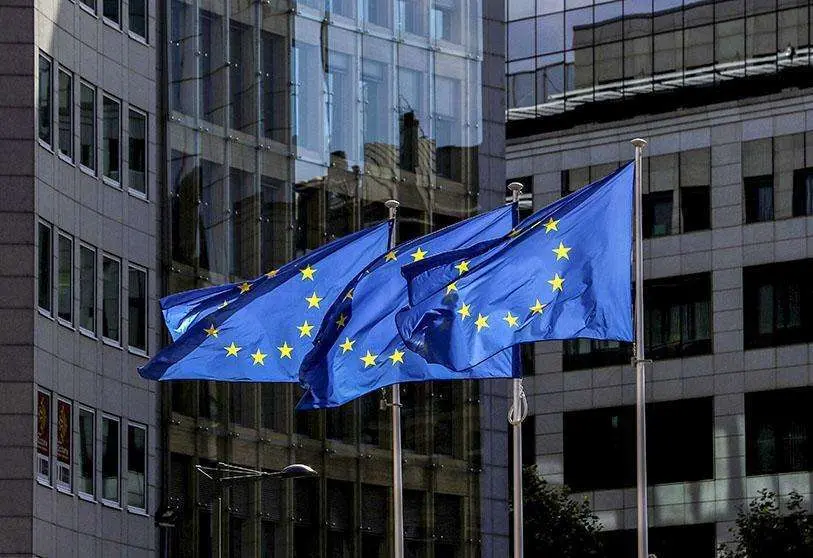
The Future of Europe Conference is already one of the European Union's major events. This event aims to be the driving force that brings European citizens closer to the institutions so that citizens feel heard and valued. In the institutional history of the European Union, the verticality and barriers felt by civilians with political figures have been one of the main reasons for the birth of this Conference.
In order to put an end to this estrangement and to commit to greater democratisation, the Conference is presented as a great opportunity for civil society to intervene in the future of the Union through its proposals.
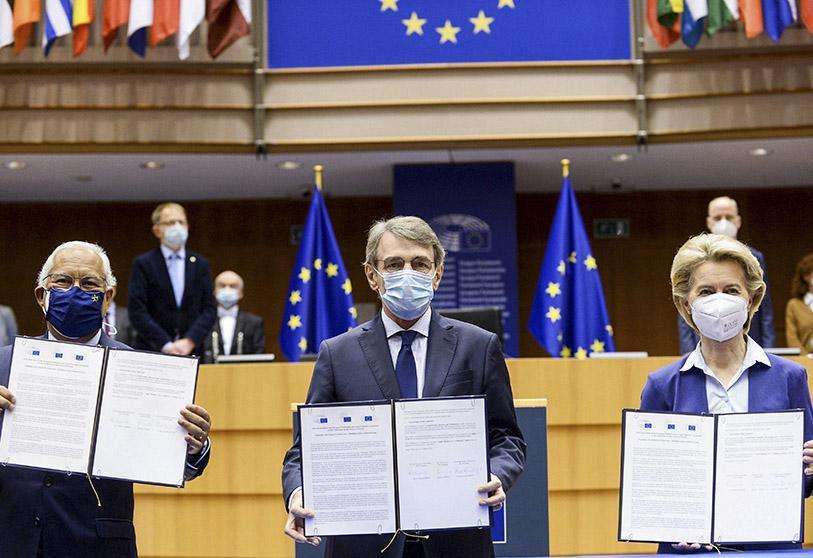
This project was proposed three years ago by French President Emmanuel Macron, who called for the creation of a large-scale citizens' consultation that would have sufficient capacity to influence a new large-scale project for the European Union. Subsequently, the President of the European Commission, Ursula Von der Leyden, took up the proposal and formalised it, giving the green light to the birth of the Conference.
Following its impulse, young Europeans, thrilled to have the opportunity to influence and see their proposals materialise in the future of the European Union, have taken on a fundamental role in shaping it. Within this framework, the young people of the Spanish Federal Council of the European Movement (CFEME) have been working assiduously on the different ideas and measures to be discussed at the Conference.
These measures have been debated and collected for the first time in the General Assembly of the European Movement, which brought together 20 Member Associations and 15 Territorial Councils. Following the Assembly, the Assembly announced what should be the minimum contents to be included in the Conference.
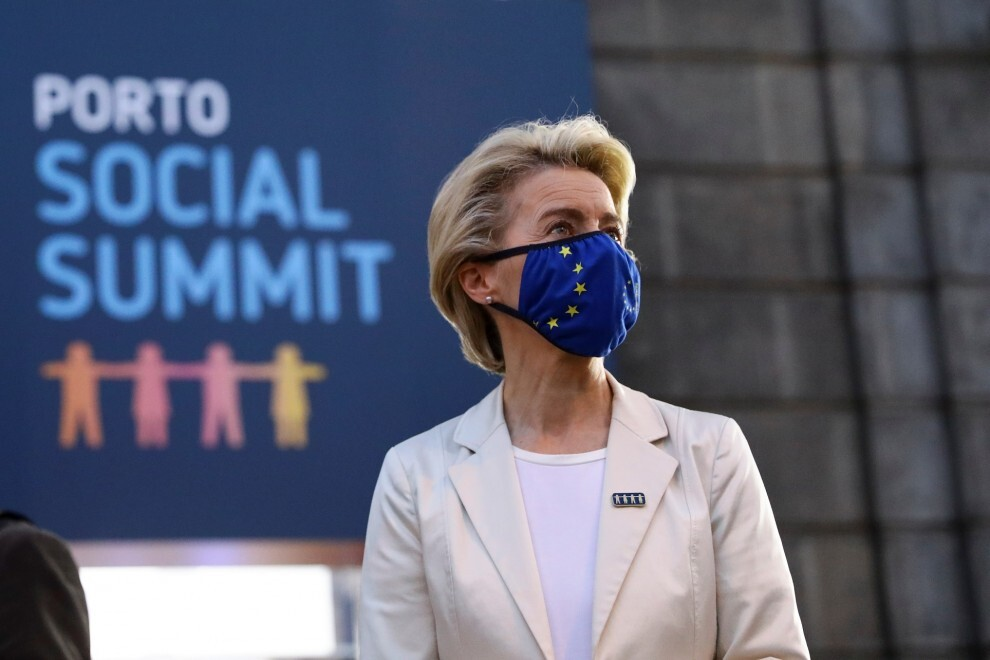
Climate change and the Green Pact, health, strengthening the economy, digital transformation, European democracy, the future of the European Union, the migration issue and youth, among others, were the main topics covered.
If the 21st century is characterised by anything, it is for being the century that is leading the fight to put an end to climate change and all the harmful consequences that derive from it. In order to eradicate this problem, young Europeans want to make progress in the development of the Green Pact to develop a sustainable model to achieve "an effective and ambitious response to the current problem".
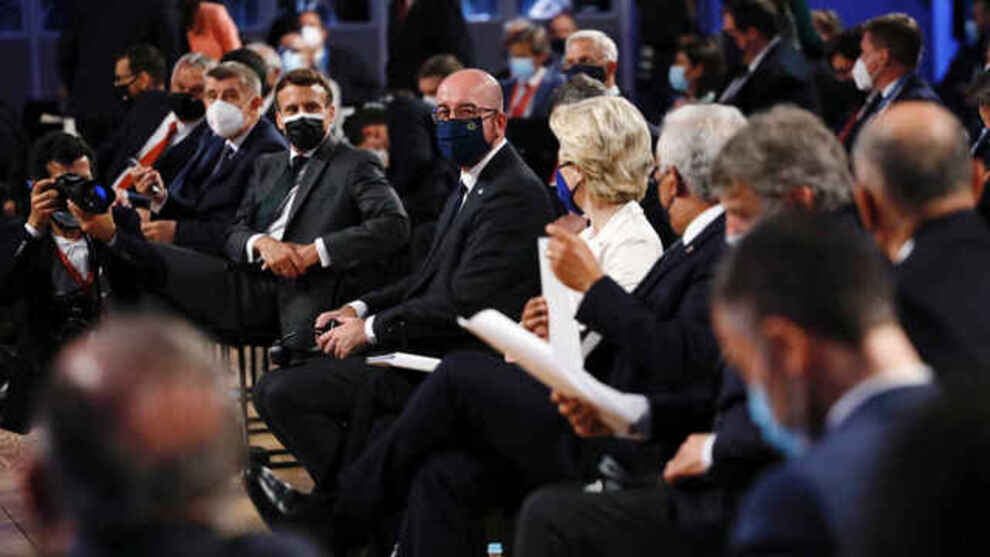
In addition, they aim to "promote the circular economy and just transition for all Member States" in order to make the European Union a "benchmark and leader in the fight against climate change", as evidenced at COP26 in Glasgow.
The Covid-19 pandemic has highlighted the need to pool common cross-cutting policies in this area, safeguarding the best protection of European citizens. In addition, they propose to "strengthen the European Medicines and Disease Prevention Agencies by building on the success in the fight against Covid-19" through the European vaccination plan.
To achieve these objectives, they also intend to "give the European Union exclusive competences in the field of health" in order to have sufficient capacity to be able to successfully tackle new pandemics and epidemics.
In the construction of the new Europe, in the economic sphere, "the strengthening of the internal market and the extension of the industrial dimension of the European Union" was one of the most important proposals put forward. In addition, they intend that by strengthening the Economic and Monetary Union, they will be able to work in favour of the people through a Fiscal and Monetary Union.
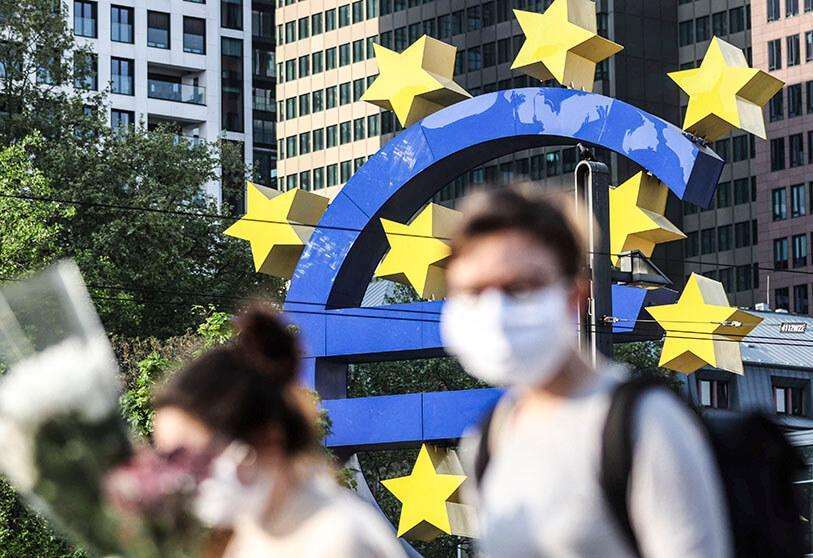
The aim is to develop the European Social Model by incorporating the Porto Declaration adopted on 7 May into the Union's legal system.
In this context, and in connection with the approval of the Green Pact, they propose that the economic plan should be built on political bases of social cohesion that ensure the well-being and development of citizens.
The advance and development of China as a world power, as well as current US and Russian foreign policy in areas such as the Middle East, have highlighted the important role and influence they exert over the region, not to mention the European Union. Europe is going through a foreign policy crisis and must therefore regain its power to try to defend its values.
To this end, the European Movement advocates a change in the way foreign policy measures are adopted.
In this respect, they advocate progress "in the consolidation of qualified majority voting in decision-making, leaving unanimity behind, or reserving it for those aspects of foreign policy that directly affect a Member State".

In addition, another of the measures they advocate is progress in "extending the notion of reinforced strategic autonomy" with the aim of developing a foreign policy in the areas of security and defence and thus achieving the project of a "stronger Europe" through the "Strategic Compass".
The aim of this "Strategic Compass" is to promote a common European culture through a joint understanding of the states in which joint European threats are identified and how the Union, in its defence, can be a security provider.
A few days ago we learned that the Union plans to carry out the first joint military manoeuvres in its history by 2023. Thus, Brussels has considered it essential to bet on militarisation in order to achieve its survival on a global scale in an increasingly militarised world.

The initiative has been announced by the High Representative for Foreign Policy, Josep Borrell, after reporting on a document that includes these new measures and points out that "this is not the world that we Europeans have chosen or preferred, but it is the one we have to face", as El País points out.
For now, the only official information available is that the new army will be made up of 5,000 soldiers, according to Reuters. This new European formation will be set up so that the Union will have the possibility of intervening jointly in the event of conflicts without depending on the United States. It is also intended to achieve greater strategic autonomy in the defence of European values, which are threatened by the new world order.








